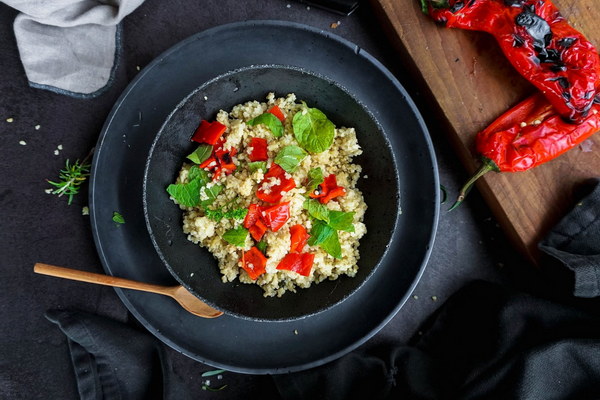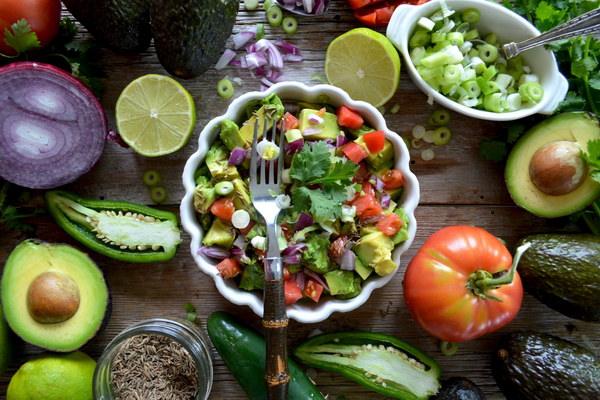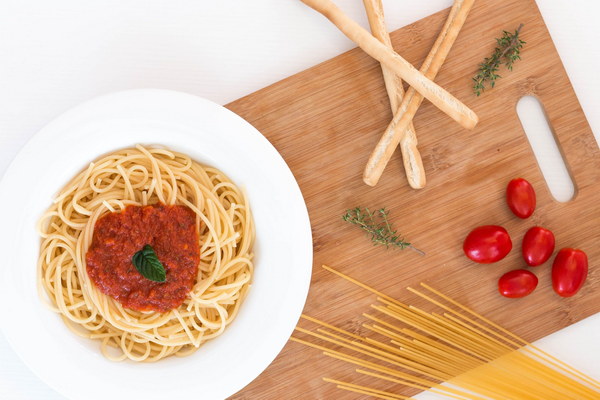Nourishing Your Spleen and Stomach with the Light Diet Approach
In the realm of traditional Chinese medicine, the concept of nourishing the spleen and stomach is of paramount importance. This holistic approach emphasizes the balance and harmony of the body’s internal organs, with a particular focus on the spleen and stomach. One effective method to achieve this balance is through the light diet approach, which aims to promote digestion, enhance energy levels, and improve overall health. In this article, we will delve into the principles of the light diet approach and its benefits for the spleen and stomach.
The spleen and stomach, known as the Earth in Chinese medicine, play a crucial role in the digestion, absorption, and transportation of nutrients. They are responsible for transforming food into Qi (vital energy) and blood, which are essential for maintaining health and vitality. When the spleen and stomach are functioning optimally, the body can effectively utilize nutrients, leading to improved physical and mental well-being.
The light diet approach involves the consumption of easily digestible, nutrient-rich foods that are suitable for the spleen and stomach. Here are some key principles to consider:
1. Choose the Right Foods: Opt for foods that are light, warm, and nourishing, such as grains, vegetables, fruits, and nuts. These foods are rich in vitamins, minerals, and fiber, which support the healthy functioning of the spleen and stomach.
2. Avoid Cold and Raw Foods: Cold and raw foods can overwhelm the spleen and stomach, leading to poor digestion and absorption. It is advisable to avoid cold drinks, ice cream, salads, and raw vegetables during the light diet approach.
3. Eat in Small, Frequent Meals: Consuming small, frequent meals helps to ease the workload of the spleen and stomach. This approach allows the body to digest and absorb nutrients more effectively, leading to improved energy levels.
4. Avoid Overeating: Overeating can burden the spleen and stomach, causing indigestion, bloating, and other digestive issues. It is essential to listen to your body’s hunger and fullness cues and avoid overindulgence.
5. Focus on Quality over Quantity: Prioritize nutrient-dense foods that provide essential vitamins, minerals, and antioxidants. This includes whole grains, legumes, lean proteins, and plenty of fruits and vegetables.
6. Incorporate Herbs and Spices: Certain herbs and spices, such as ginger, cinnamon, and turmeric, can aid in digestion and support the spleen and stomach. These can be added to meals or consumed as teas.
7. Manage Stress: Chronic stress can negatively impact the spleen and stomach, leading to digestive issues. Techniques such as meditation, deep breathing, and gentle exercise can help manage stress levels.
8. Practice Good Hygiene: Maintaining good personal hygiene, such as washing hands before meals and using clean utensils, can prevent the introduction of harmful bacteria into the digestive system.
By adhering to the light diet approach, individuals can experience numerous benefits for their spleen and stomach:

- Improved digestion and absorption of nutrients
- Increased energy levels
- Reduced bloating and gas
- Enhanced immune function
- Better mood and mental clarity
- Weight management
In conclusion, the light diet approach is a valuable tool for nourishing the spleen and stomach in accordance with traditional Chinese medicine principles. By prioritizing easily digestible, nutrient-rich foods and managing stress levels, individuals can achieve a balanced and harmonious digestive system, leading to improved overall health and well-being.









